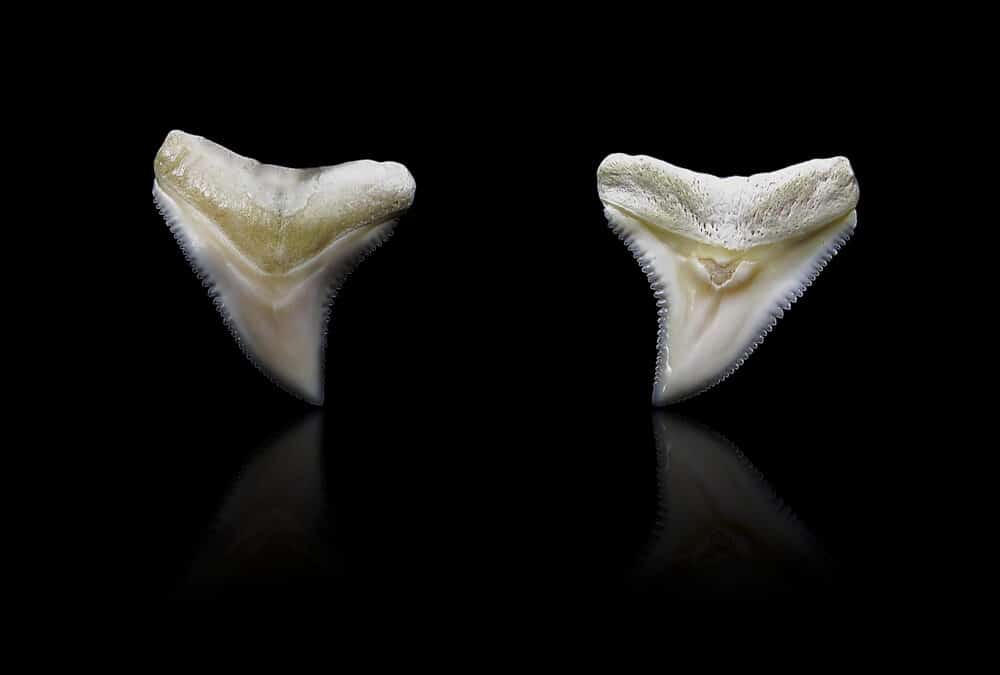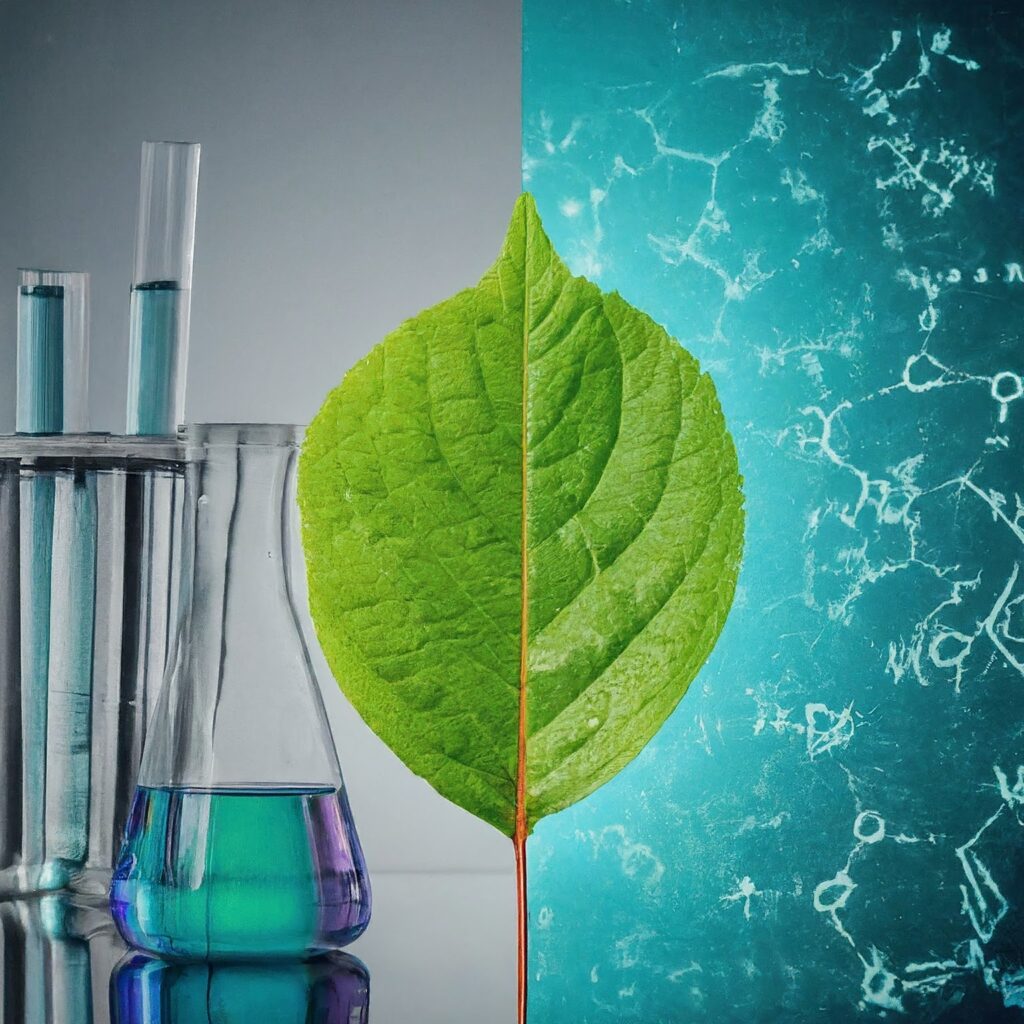When it comes to dental health, sharks have humans beat — and it’s not even close. Despite their fierce reputations and diets that would make any dentist cringe (think bones, shells, and the occasional unlucky sea creature), sharks never get cavities. 🦈
But how?
Let’s dive into the science behind these cavity-proof predators.
Why Sharks’ Decay-Defying Teeth Never Get Cavities
Unlike human teeth, which are made primarily of hydroxyapatite, shark teeth contain a high concentration of fluorapatite. This mineral is much more resistant to acid and decay than the enamel in human teeth. In fact, fluorapatite is so tough that it essentially gives sharks a permanent “built-in dental sealant.”
And if a tooth ever does get damaged?
No problem. Sharks can lose and replace thousands of teeth over their lifetimes — sometimes as often as every couple of weeks. Where humans get fillings, sharks just get brand-new teeth.
Shark teeth are also continuously replaced throughout their lives (Florida Museum).
Why Humans Get Cavities But Sharks Don’t
Unfortunately, we humans didn’t inherit this superpower. Our enamel, while strong, can erode over time due to acidic foods, sugar, bacteria, and even stress. Once it’s damaged, it can’t regenerate.
In fact, even though our enamel contains some fluorapatite, it’s nowhere near as abundant or protective as what sharks have naturally. This makes human teeth far more vulnerable to acids, plaque buildup, and decay.
That’s why daily brushing, flossing, and regular dental care are so important. Unlike sharks, we don’t get unlimited replacements!
The Takeaway
Sharks may have the ultimate dental advantage, but that doesn’t mean we can’t keep our smiles healthy and strong. Good oral hygiene, a balanced diet, and mindful dental habits can go a long way — even if nature didn’t give us fluorapatite-rich, self-replacing teeth.




